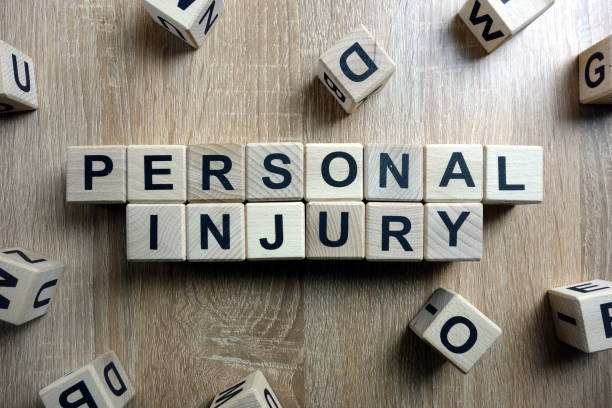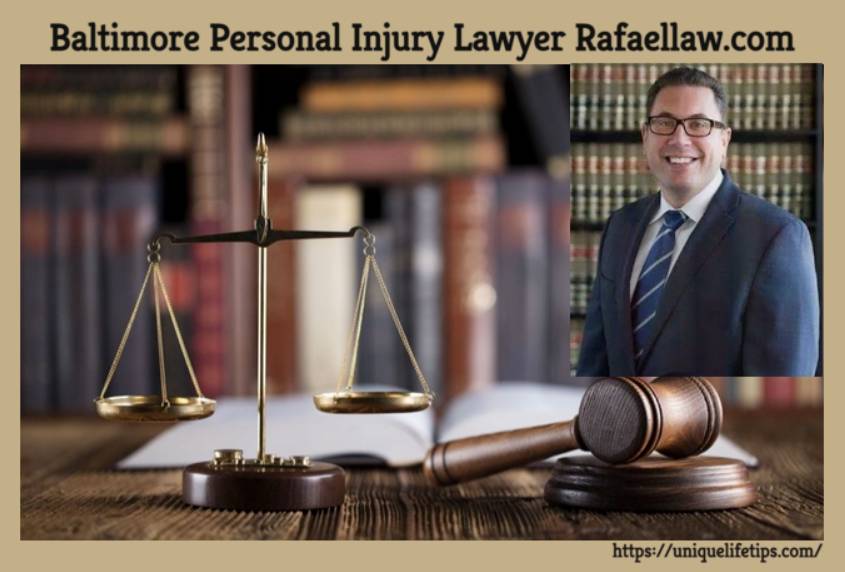Last updated on March 26th, 2024 at 02:51 am
Child advocacy is provided under the law to cater to children’s best interests. The interests focus on children’s rights and obligations to parents. Some decisions about a child, including parenting time and responsibility, are made in court. Depending on the context, these provisions are under the Divorce Act and family law. In divorce litigation, the court protects the child’s best interests.
What is a child’s best interests? Section 16(2) of the Divorce Act specifies best interests based on a child’s well-being. Other factors include psychological safety and security. Depending on a personal opinion, best interests may vary, leaving the court to determine depending on the situation. The court then determines the best interests, taking into consideration parental rights within child law.
Table of Contents
Competence in Providing Legal Aid to Children
Legal professionals advocating for children’s legal aid must know domestic law and procedures. These domestic laws include;
- Children’s rights
- Children’s developmental stages
- How to properly communicate with children
Child attorneys must brush up their skills often with professional development training. Offering competent legal aid to children needs high motivation levels and commitment. Here’s what children’s legal assistance involves;
- Being conversant about children’s rights and their application.
- Having a good understanding of legal procedures. These include civil, criminal, and administrative procedures. It also involves several measures that can be taken in justice processes. They include diversion or restorative justice actions.
- Knowing when to seek advice and support from relevant professionals like psychologists.
- Being knowledgeable of the different children’s levels of development.
- Understanding how children communicate and the changes they undergo.
- Having the skill to relate and share with children, even those who are secretive.
- Being sensitive when dealing with child victims and witnesses to avoid secondary victimization.
- They must be vetted, and someone must disclose any criminal convictions.
- Attending training to stay up-to-date on child law.
Where to Get Legal Help for Children
Some countries recognize bodies that offer free or subsidized representation to children. The bodies are primarily law-focused NGOs or university-based legal clinics. These groups depend on attorneys who volunteer to provide free legal aid to children. Here’s a list of legal groups that provide children with legal help globally.
- The International Bar Association (IBA)
- The International Legal Aid Group (ILAG)
- The Legal Aid Reformers Group(LARG)
- The A4ID Global Aid Guide(AGAG)
- Child Helpline International(CHI)
Scenarios When Children Need Legal Help
Children who get into trouble with the law need the help of a lawyer. Children are entitled to free legal advice or representation, depending on the situation. The lawyer or government that helps with legal issues can change depending on the child’s needs. Here are the different ways a child may seek free legal aid.
Children in Conflict with the Law
When children conflict with the law, they’re entitled to legal assistance. The service can be free, subsidized, funded, or offered by the government. Governments must provide this aid under the Rights of a Child (Article 40). It demands that children accused of an offense have the right to get legal assistance.
Children as Victims
Depending on the alleged crime, child victims may have particular rights to legal aid. A good example is a child victim of abuse or neglect who is entitled to free legal representation. In child protection affairs, the government funds legal aid. Family courts appoint a lawyer to represent a child’s best interests.
Children as Witnesses
In most jurisdictions, children can take part in legal proceedings. They explain what they have seen, heard, or experienced, called providing evidence. Whatever they discuss must be factual to help the court make a ruling.
A child providing evidence in a court of law can receive legal guidance from an attorney. The legal advice is from a prosecutor or a government-hired lawyer pursuing the case.
Children as Complainants
Children complainants might need help finding representation. It can be challenging to find legal help if a child’s rights are violated. Help is needed to file a complaint with a court. Hurdles to accessing justice are many and in some legal systems. Children must get consent and assistance from a guardian before parading a case. In some situations, they may not be allowed to begin a legal process.
Areas of Family Law Affected by the Best Interests of a Child
When deciding on parenting disputes, the court considers what is best for the child. The principle impacts different areas of family law. The court considers them when making decisions related to a child. Here are some scenarios in the best interest of a child.
- Making decisions relating to child responsibility
- Parenting time – contact or guardianship
- A shift in parenting time for more or less engagement between a child and parent
- Changing a child’s surname
- Authority to hear family disputes
- Full possession of a matrimonial home
- Implementation of marriage or divorce agreements
- Movement or relocation.
Related Articles:
From Paper Clips to Legal Pads
Road Conditions and High Vehicle Accidents
Wrapping Up
It’s essential to maintain a good relationship with your children. When faced with a situation needing legal advice, it’s imperative to seek it. Some applications influence decision-making about children’s responsibility, parenting rights, or parenting time. In cases where children need legal help, they’re entitled to get it for free or subsidized.







